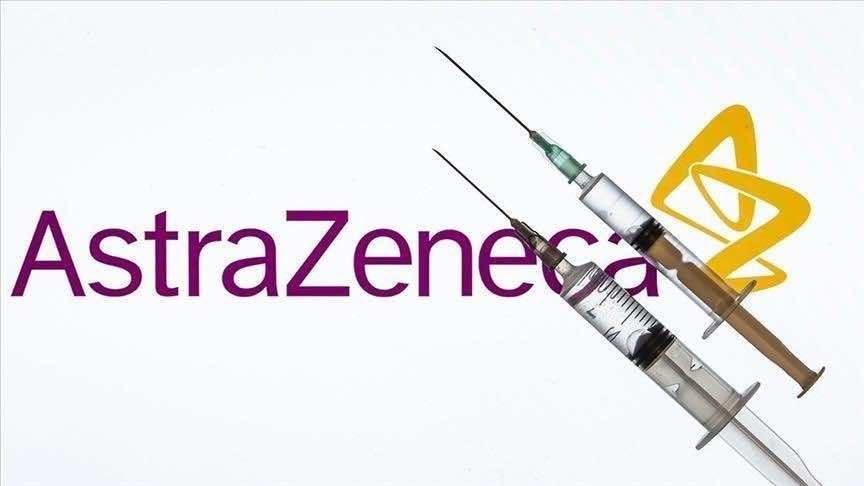The recent recipients of the AstraZeneca vaccine for COVID-19 have reported atypical blood clots, upon which German health authorities have suspended its use for people under 60 years old.
Along with the ban in Germany, Canada also has imposed similar restrictions on the use of the AstraZeneca vaccine, but this isn’t the same for people older than 60 years, as no such complications have been reported in them thus far.
Senior officials from Berlin, Brandenburg, Munich, and some other states mutually decided to restrain the AstraZeneca vaccine temporarily. The decision was made following the medical regulator’s data on recipients of the AstraZeneca vaccine, which showed 31 individuals developed rare blood clots after receiving the dose.

Nine of the thirty-one individuals were later reported dead, of which two were women of 20-60 years of age, L.A Times reported. Germany is the second nation to suspend the AstraZeneca vaccine for children, young and middle-aged groups of people. A day earlier, Canada halted the use of it for people aged fifty-five years and below.
The rare kind of blood clotting happened in the recipient’s head, which has been earlier termed as “sinus vein thrombosis.” These deadly effects caused the European States to restrain from its use until further testing and examining the vaccine. In contrast, medical experts from the European Medicines Agency believe that the AstraZeneca vaccine pros outnumber the cons but warned the doctors and recipients of rare but possible side effects.
Even with the AstraZeneca vaccine’s side effects, some EU states have resumed its use, given the delay in tens of thousands of vaccine appointments.

Berlin’s State Health Minister Dilek Kalayci stated, “the suspension for younger people to use the AstraZeneca vaccine was merely a precautionary measure. We have not had a case of serious side effects in Berlin yet. She added that everyone who already got the shot should take solace in their ongoing protection against the COVID-19 illness.”
The talks on eliminating its use haven’t reached the federal level because the move of halting it completely would delay appointments of frontline workers and teachers and those with existing health conditions who’ve received invites to be vaccinated already; it doesn’t sound feasible. States are not taking these early signs as a red flag; instead, they are taking it as a call to re-analyze its effects.


